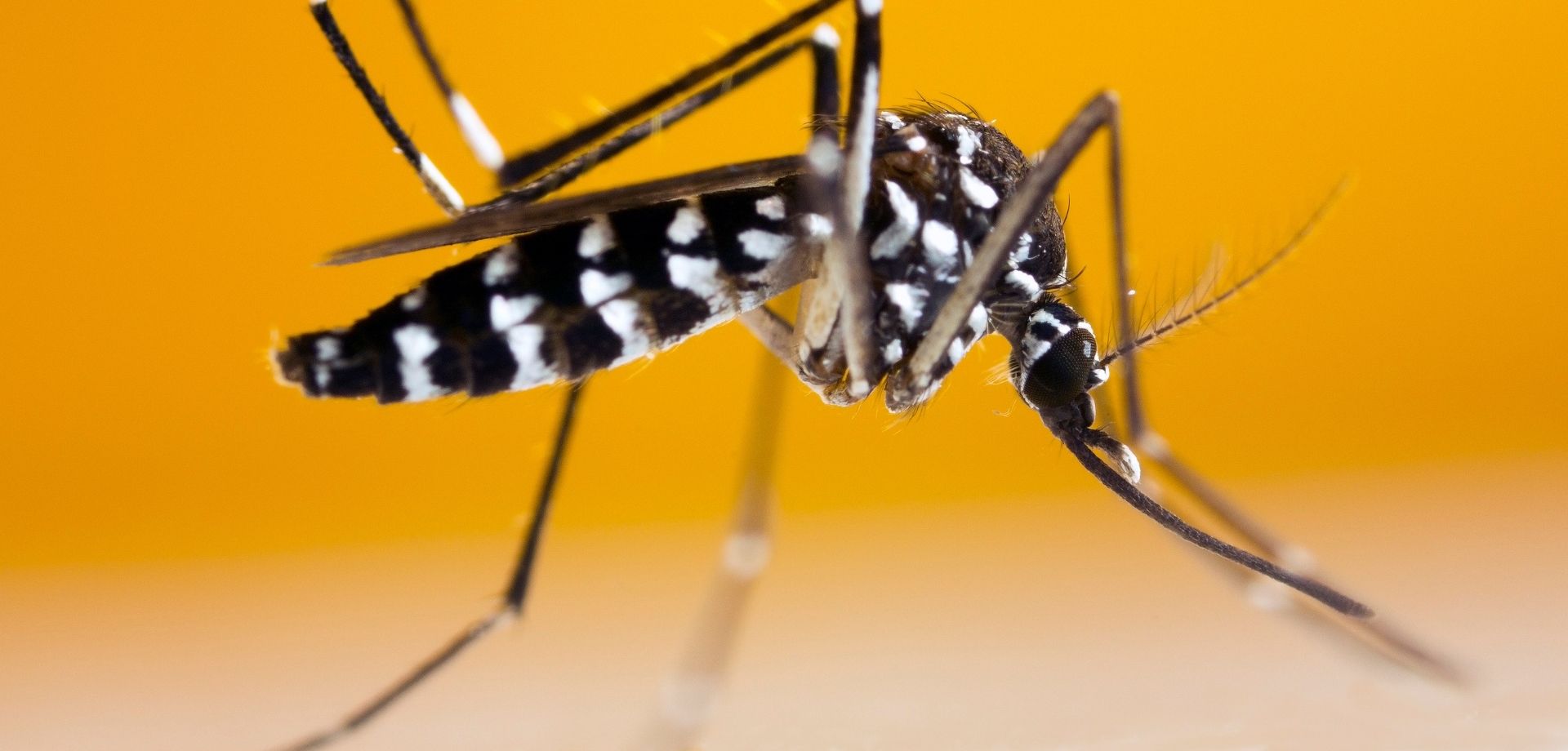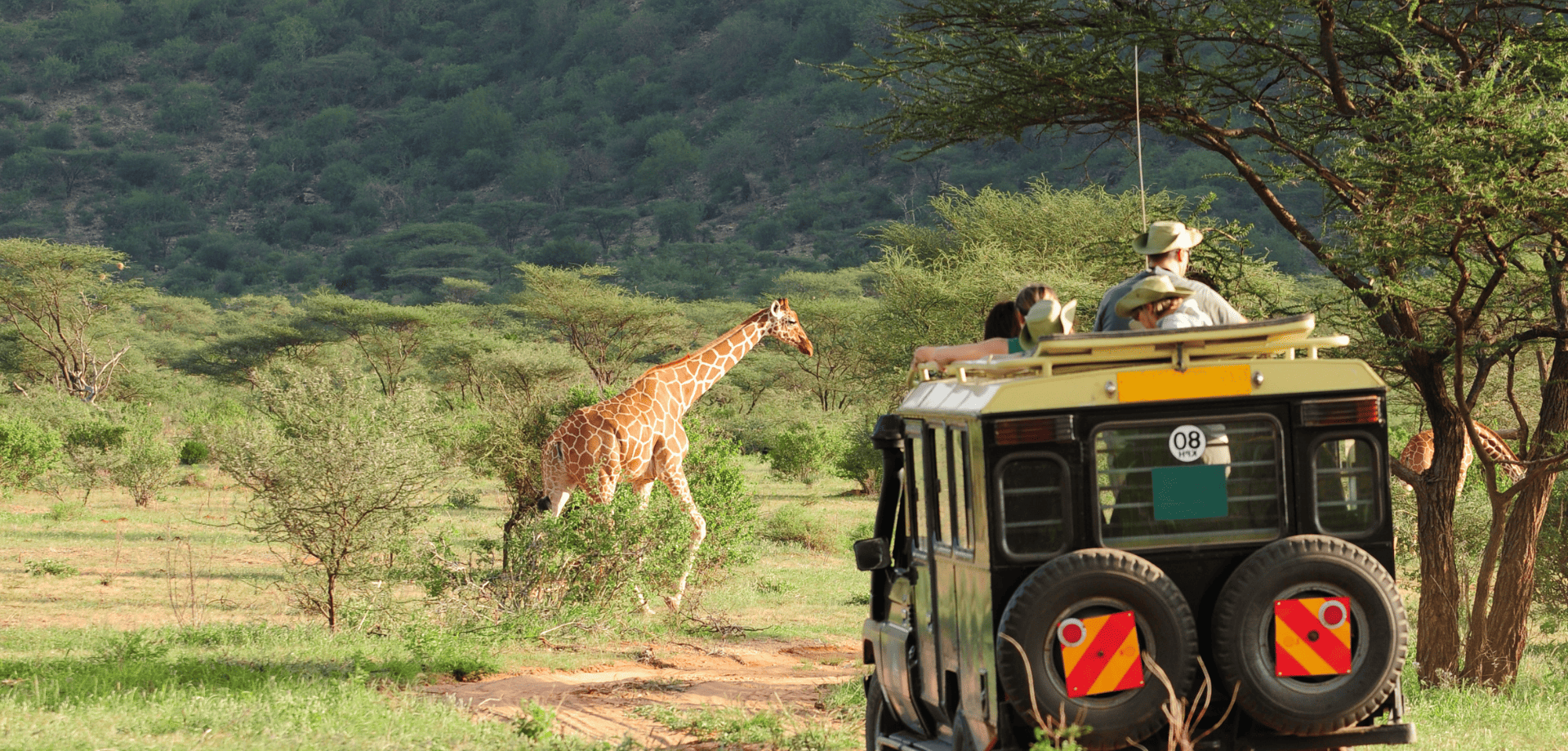Chikungunya Vaccination
At the Fleet Street Clinic, we plan to offer vaccination against Chikungunya as soon as a licensed vaccine becomes available in the UK.
Two vaccines against Chikungunya are expected to become available in the coming months: firstly, a live vaccine, already approved by the FDA that has been available in the USA since 2023; this is now licensed but not yet marketed; and secondly, a vaccine based on inactive “virus-like particles” (VLP), expected to be licensed very soon. Both vaccines are suitable to protect people living or travelling to affected parts of the world and will be made available at the Fleet Street Clinic shortly.
Our specialist travel nurses have a wealth of knowledge about Chikungunya and other mosquito-borne viruses. We offer a personal service that ensures patients are well-informed about travel health risks and how to prevent them.
Until the vaccine becomes available, careful anti-insect precautions are the only way to prevent Chikungunya, and we strongly recommend protecting yourself whenever travelling to risk areas.
If you would like to receive an alert when a vaccine becomes available, please fill out the waitlist form below.
What is Chikungunya, and where is it found?
Chikungunya is a mosquito-borne virus that was first identified in Tanzania in 1952.
It can cause a debilitating infection in people of all ages. It is spread by the bites of Aedes mosquitoes belonging to two species, one which predominates in urban parts of the tropics, and the other which is increasingly found more temperate regions, raising the prospect of increasing future spread to regions such as southern Europe.
The first major outbreak occurred in 2006, affecting Africa, Southeast Asia and the Indian Ocean – before this, initial outbreaks were sporadic and isolated. During this outbreak, a mutation occurred, resulting in a 40-fold increase in transmission.
Further sporadic cases followed, including localised cases in southern Europe. Chikungunya reached the Americas in 2013, since when there have been nearly 4 million cases, with significant outbreaks in Paraguay and Brazil.
It is difficult to know the full extent of the disease burden globally, since resources for testing are quite limited in the places at highest risk, and the disease itself is easily confused with Dengue. In 2023, the regions most affected were: South America (mostly Brazil, Paraguay, Argentina), Asia (mostly India, Philippines, Thailand, Malaysia, Pakistan), Africa (Burkina Faso, Senegal, Mali, Gambia, Namibia), with occasional cases in Southern Europe. The disease has expanded to reach over 110 countries around the world, and is expected to spread further as climate change expands the range of the vector mosquitoes and speeds up the virus transmission cycle, with ongoing international travel to affected parts of the world.
Three quarters of the world’s population live in risk areas for Chikungunya.
What illness does Chikungunya virus infection cause?
Chikungunya causes fever and severe, often debilitating joint pain.
Other common symptoms include rash, myalgia, joint swelling and neurological symptoms.
Symptoms vary in duration but generally resolve after 2 weeks.
More significantly, infection can lead to chronic complications, including chronic joint pain, fatigue, depression and relapse of rheumatological symptoms or dermatological disorders. As a result, many patients experience significant and long-term impairment of quality of life: about 20% to 60% of patients develop severe and debilitating long-term symptoms, including persistent joint pain, fatigue, and depression.
Which travellers are at greatest risk of complications?
Female travellers, older adults, and those with severe acute disease and/or pre-existing conditions, are at increased risk of chronic disease.
There is also evidence that infection during pregnancy can lead to cognitive impairment in the newborn.
What other precautions should I take?
Everyone visiting countries with a risk of mosquito-borne infection should take careful precautions to reduce numbers of insect bites.
Insects spread many diseases in tropical countries, not just Chikungunya.
Careful precautions against insect bites can reduce the risk of infection by up to 90%.
Suitable precautions include:
- using insect repellent at times when mosquitoes are biting, (the mosquitoes that spread Chikungunya often bite during the day as well as at night)
- covering exposed skin when outdoors
- applying an insecticide such as permethrin to clothing, that will kill mosquitoes on contact
- using a mosquito bed net at night
- using an insect killer in your room.
You might also be interested in
Can anyone have the vaccine?
The live vaccine should not be given during pregnancy or while breastfeeding, or to anyone who is immunosuppressed, on theoretical grounds.
The VLP vaccine (which is inactivated and not a live vaccine) would be preferable in such circumstances.
How many doses are needed and how long will it last?
Both Chikungunya vaccines consist of a single dose.
Like infection with Chikungunya itself, which results in lifelong immunity, the live vaccine is expected to provide long-lasting protection.
It is probable, but not yet clear, that the VLP vaccine will require booster doses in future.
If you feel unwell whilst travelling:
You must seek medical attention if you develop any feverish illness whilst travelling.
If you are unwell on your return home, book an appointment with one of our doctors. In addition to Chikungunya, it’s important to rule out malaria.
Pre-book your vaccine
FAQs
No, these vaccines will only be available privately.
In general, we recommend vaccination at least 10 days before you intend to travel, to give enough time for vaccines to take effect.
There are no suitable antiviral treatments available. Treatment is mostly based on symptoms. Some of the long-term arthritic complications can be very difficult to treat, which is why prevention with vaccination where possible, and anti-insect precautions, are strongly recommended.




